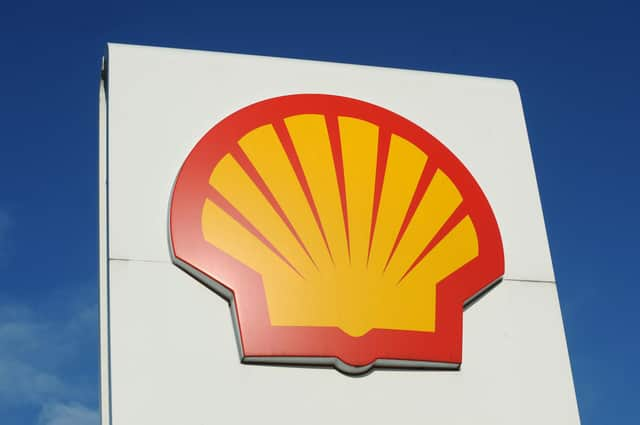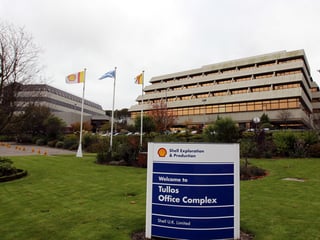Shell taking 'tough but decisive actions' after sinking to mammoth £16bn loss


The oil major’s full-year deficit compares with profits of $15.8bn in 2019 and comes after it was forced to slash the value of the oil in its fields last year as prices collapsed.
The cost of crude has since started to recover, but not enough to prevent the group slumping to a $4bn loss in the final three months of 2020.
Advertisement
Hide AdAdvertisement
Hide AdShell said that, on an adjusted basis, it made earnings of $393 million in the fourth quarter, though this was worse than expected and 87 per cent lower than a year earlier.
The firm has been making swingeing cost cuts to weather the crisis, announcing in September plans to axe between 7,000 and 9,000 jobs worldwide. Last month it emerged that it was cutting more than 300 jobs from its Aberdeen workforce.
Chief executive Ben van Beurden said the group has taken “tough but decisive actions, adding: “We are coming out of 2020 with a stronger balance sheet, ready to accelerate our strategy and make the future of energy.”
The figures come after rival BP reported the biggest losses in its history on Tuesday, when plunging oil prices and demand sent it tumbling into the red by $18.1bn in 2020.
Despite the mammoth losses, FTSE-100 listed Shell boosted its dividend in a more bullish sign for the year ahead, saying it expected to raise the payout by 4 per cent in the first three months of 2021 from the previous quarter.
Stuart Lamont, investment manager at wealth manager Brewin Dolphin in Aberdeen, said: “Royal Dutch Shell’s results follow a similar pattern to BP’s earlier in the week, demonstrating the highly challenging environment for oil and gas companies over the past year.
“Much like BP, if Shell is to transition towards a net-zero business by its chosen date – or even sooner – it will need to find the flexibility and agility to invest in new energy propositions, while remaining an attractive prospect for shareholders.”
Susannah Streeter, senior investment and markets analyst at financial services firm Hargreaves Lansdown, said: “Shell is like a hermit crab, trying to shed its fossil fuel exoskeleton and move into a new greener home in which to grow. But Covid 19 has shifted sands around it, with weak global demand making that ambitious journey to a new future even harder.
Advertisement
Hide AdAdvertisement
Hide Ad“Cost cutting and cash preservation strategies are slow paying off with net debt reduced by $4bn to $75bn. Underlying operational expenditure has been trimmed by $4bn to $33bn in 2020. Shell’s network of more than 40,000 filling stations around the world also managed to turn in a resilient performance despite the effects of the second wave of Covid sweeping in.
“With the oil price creeping back up to near a one-year high and demand returning, there are expectations of brighter skies on the horizon, with Shell increasing its dividend for the first quarter by 4 per cent.”
A message from the Editor:
Thank you for reading this article. We’re more reliant on your support than ever as the shift in consumer habits brought about by coronavirus impacts our advertisers. If you haven’t already, please consider supporting our trusted, fact-checked journalism by taking out a digital subscription: www.scotsman.com/subscriptions
Comments
Want to join the conversation? Please or to comment on this article.
